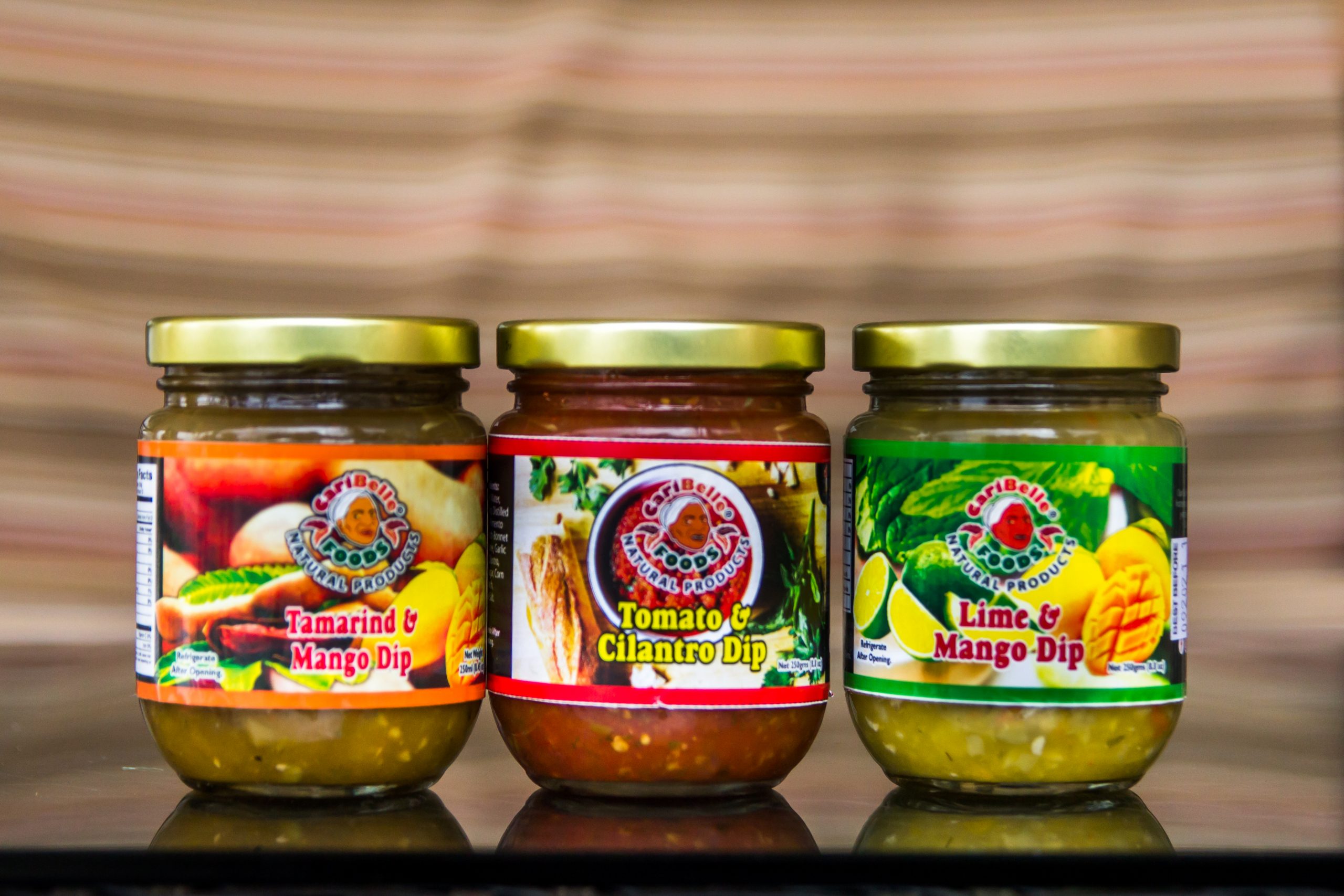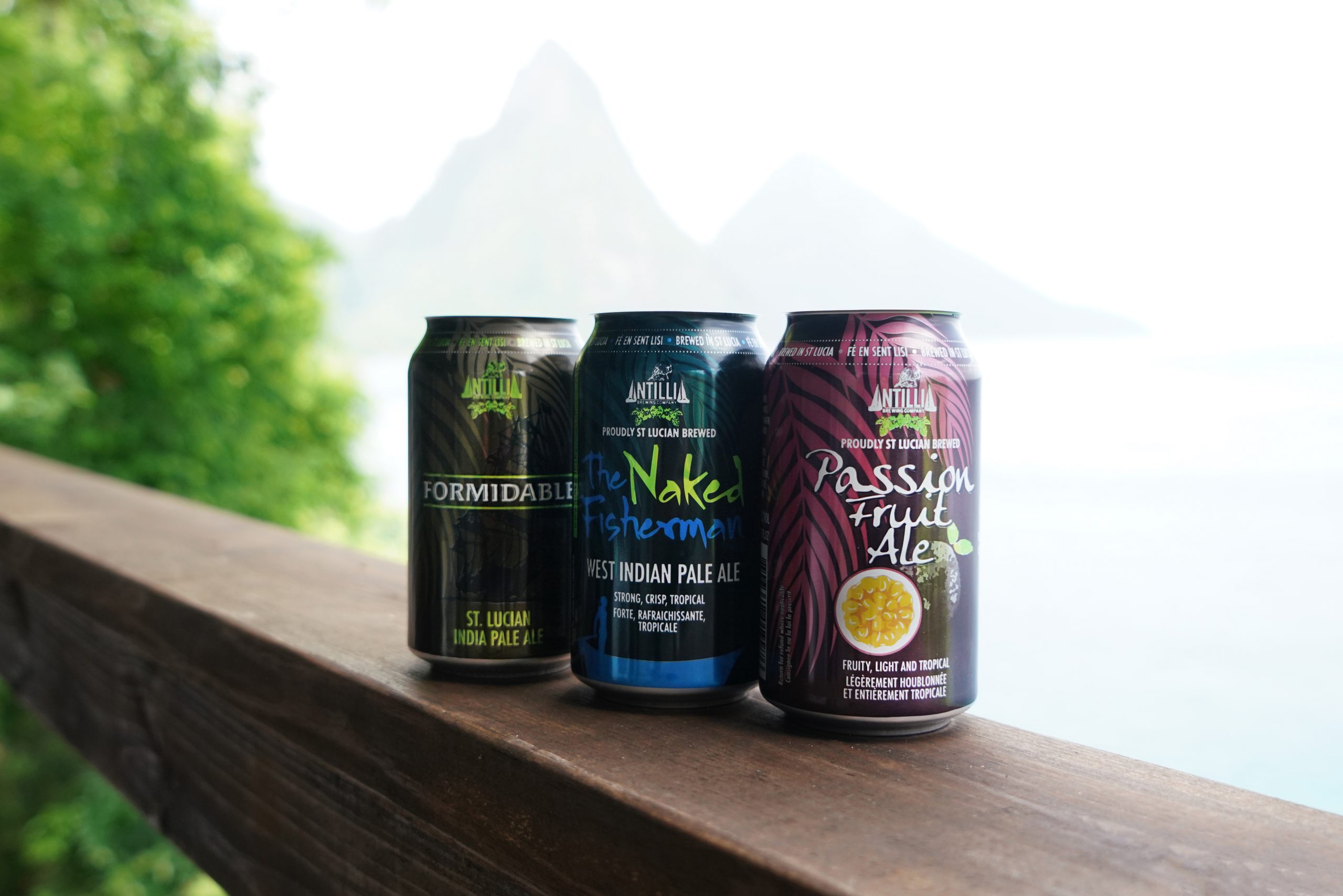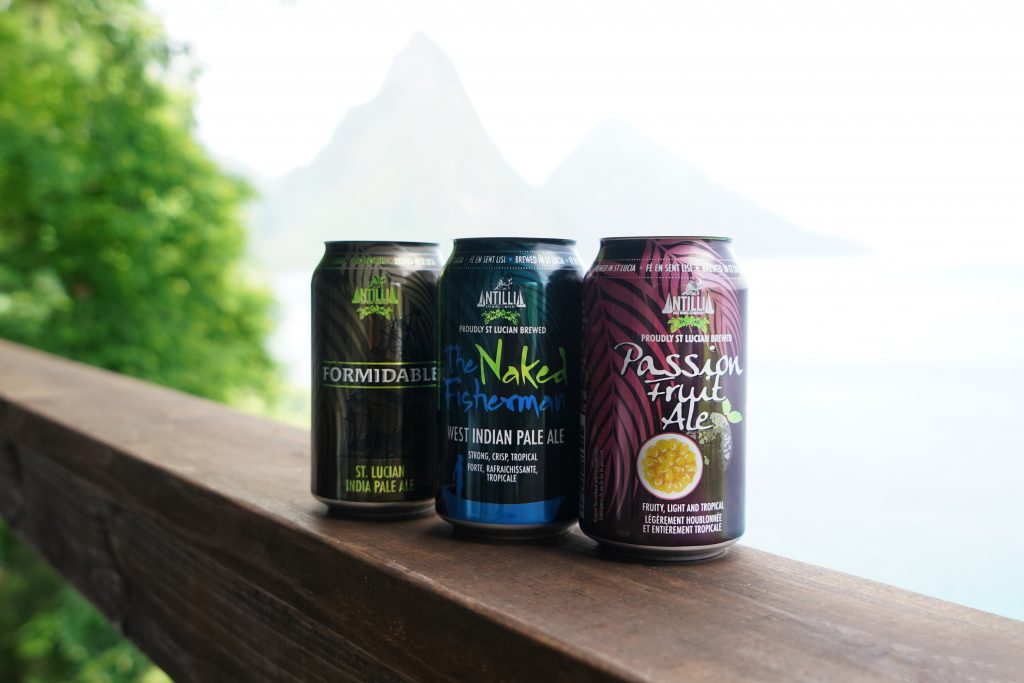In overleg met de Organisatie van Afrikaanse, Caribische en Pacifische Staten (OACPS) financiert de Europese Unie (EU) het DIRECCT-programma (DIgital REsponse Connecting CiTizens) om de weerbaarheid van de gezondheids-, onderwijs- en kleine bedrijvensector in het Caribisch gebied te versterken om omgaan met huidige en toekomstige crises.
Op 18 mei 2022 werd virtueel een persconferentie gehouden, waarbij de financierende en uitvoerende partners werden samengebracht om het programma in het Caribisch gebied te lanceren. Gecoördineerd door het Agence Française de Développement (Frans Ontwikkelingsagentschap of AFD) Atlantische regionale directie, erkende het tweetalige evenement de uitdagingen voor de wereldwijde en regionale menselijke ontwikkeling die door de COVID-19-pandemie worden veroorzaakt en benadrukte het de cruciale rol van digitale diensten om mensen in staat te stellen om verbonden te blijven met hun volksgezondheidspartners, onderwijsinstellingen en essentiële bedrijven.
Z.E. de heer Georges Rebelo Pinto Chikoti, secretaris-generaal van de Organisatie van Afrikaanse, Caribische en Pacifische Staten (OACPS), opende het woord door te verklaren dat “door deze tijdige samenwerking, we 10 projecten zullen financieren die ten goede zullen komen aan meer dan 50 staten in de hele wereld. OACPS op het gebied van gezondheid, onderwijs en kleine bedrijven. Door prioriteit te geven aan de behoeften van NGO’s en de genderongelijkheid die nog steeds erg aanwezig is in de digitale wereld, te verminderen, kunnen we deze COVID-19-crisis omvormen tot een kans om onze landen te ontwikkelen.”
Het is duidelijk dat de beschikbaarheid van digitale diensten de impact van de pandemie voor burgers, patiënten, studenten en bedrijven in de regio heeft verzacht. In toekomstige crises zal het vermogen om verbonden te blijven met instellingen en partners een essentieel en effectief antwoord zijn dat de afgelopen twee jaar zwaar op de proef is gesteld.
“De EU heeft een nieuwe ambitie gesteld: het ondersteunen en vergroten van de toegang tot digitale diensten en instrumenten in ontwikkelingslanden”, bevestigde de heer Luís Maia, hoofd van de samenwerking van de delegatie van de Europese Unie in Barbados, de oostelijke Caribische staten, de OECS en CARICOM/CARIFORUM. “Digitale transformatie en innovatie zijn belangrijke prioriteitsgebieden in het engagement van de EU met het Caribisch gebied, en de EU is van plan haar digitale engagement met Latijns-Amerika en het Caribisch gebied te intensiveren via een digitale alliantie. Het doel is om de belangen, sterke punten en capaciteiten van beide regio’s te bundelen, om gezamenlijk de digitale kloof aan te pakken en een inclusieve digitale transformatie te realiseren.”
De verantwoordelijkheid voor de uitvoering van dit programma van 15,4 miljoen euro, dat wordt gefinancierd door de Europese Unie, ligt bij Agence Francaise de Developpement en Enabel, het Belgische ontwikkelingsagentschap. “Het ACP-DIRECCT-programma is volledig in lijn met de digitale strategie van AFD”, herinnert Philippe La Cognata, regionaal directeur in de Atlantische Oceaan van het Franse ontwikkelingsagentschap, “de digitale transitie is een van de zes prioritaire transities van het Strategische Oriëntatieplan van AFD. We zullen digitale technologie gebruiken als hefboom om het behalen van de SDG’s te versnellen. AFD positioneert zich daarmee als digitale donor om een referentiepartner te worden voor ontwikkelingslanden om hun digitale transitie naar duurzame ontwikkeling te versnellen.”
“De Caribische regio zal profiteren van dit programma door middel van versterkte gezondheidsinformatiesystemen en een grotere capaciteit voor vroege detectie, reactie, monitoring en rapportage van bedreigingen voor de volksgezondheid en opkomende ziekten”, aldus Dr. Joy St. John, uitvoerend directeur van de Caribbean Public Health Agency (CARPHA) terwijl ze een samenvatting presenteerde van het project Improving Digital Integrated Public Health Surveillance in the Caribbean. Het initiatief heeft tot doel de capaciteit te vergroten voor realtime toegang van Caribische ministeries van Volksgezondheid tot gegevens over het toezicht op de volksgezondheid uit verschillende bronnen met behulp van een digitaal geïntegreerd informatieplatform (One Health-benadering). De 26 lidstaten van CARPHA, waarvan er vele afhankelijk zijn van toerisme, zullen dit digitale systeem gebruiken om vroegtijdige en passende interventies te informeren om de verspreiding van ziekten op te sporen en te verminderen, en als een wetenschappelijke basis voor beleidsmakers om lokale milieu- en sociale determinanten van gezondheid aan te pakken.
Mevr. Seliatou Kayode-Anglade, Projectmedewerker, Afdeling Economie, Private Sector en Handel, Afdeling Financieel en Economisch Bestuur van Expertise Frankrijk, presenteerde het digitale transformatieproject voor micro-kleine en middelgrote ondernemingen (MSME’s) in West-Afrika en het Caribisch gebied. Het doel van het project is om de weerbaarheid van offline formele en informele mkmo’s te versterken door hun digitale vaardigheden te verbeteren. Activiteiten worden uitgevoerd door partners in West-Afrika en in het Caribisch gebied. “Caribbean Export is een van onze partners in het digitale transformatieproject voor mkmo’s en we zijn verheugd met hen samen te werken aan zo’n belangrijk onderwerp voor de ontwikkeling van de Caribische particuliere sector en economische veerkracht”, bevestigde mevrouw Kayode-Anglade opnieuw.
De heer Deodat Maharaj, uitvoerend directeur van Caribbean Export Development Agency, verwelkomde in zijn opmerkingen de samenwerking met Expertise France en prees het concept en ontwerp van het Virtual eCommerce Accelerator Program (VEAP) dat het Agentschap zal implementeren. Maharaj bevestigde de toewijding van het Agentschap om samen te werken met relevante belanghebbenden om uiteindelijk Caribische bedrijven en ondernemers te helpen profiteren van digitale technologieën om hun veerkracht en duurzaamheid op te bouwen. “Onder de noemer van het Virtual Ecommerce Accelerator Program zullen we gedurende een periode van 6 maanden Caribische bedrijven, Business Supports Organizations (BSO’s) en e-commerce gerelateerde bedrijven in de particuliere sector (zoals website-ontwikkelaars en dropshipping-partners) betrekken, gebruikmakend van een leerproces. door een aanpak te doen die gericht is op het vergroten van hun kennis van e-commerce en de implementatie van e-commercestrategieën.” De accelerator omvat maximaal 2 BSO’s in elk land, met 5 firma’s toegewezen aan elke BSO voor ondersteuning in de 15 CARIFORUM-landen. Deze BSO’s en bedrijven zullen worden begeleid door een team van Master trainers en coaches op het gebied van e-commerce website-ontwikkeling, productontwikkeling, marketing, analyse en algemene e-commerce activiteiten.
De heer Frédéric Murat, International Operations Manager van Bibliothèques Sans Frontières (Bibliotheken zonder grenzen of BSF) presenteerde het Offline Internet-initiatief gelanceerd door BSF in Haïti. Hoewel de helft van de wereldbevolking geen toegang heeft tot internet van hoge kwaliteit, is de behoefte aan verspreiding van digitale inhoud voor opleiding, onderwijs, informatie of vrije tijd nog nooit zo groot geweest om sterkere en veerkrachtigere samenlevingen te creëren in het licht van de hedendaagse uitdagingen (onderwijs, werkgelegenheid, opwarming van de aarde, migratie, preventie van risico’s en epidemieën…). In dit project wil BSF de toegang tot informatie en onderwijs in 15 Haïtiaanse scholen, bibliotheken en lokale organisaties voor de meest kwetsbaren bevorderen door middel van offline internetoplossingen.
DIRECCT-projecten hebben tot doel de toegang tot digitale infrastructuur in meer dan 55 landen in Afrika, het Caribisch gebied en de Stille Oceaan (ACS) te verbeteren door de connectiviteit te vergroten, de ontwikkeling van sectorspecifieke digitale diensten (onderwijs, gezondheid en zaken) te ondersteunen volgens hun specifieke behoeften en vervolgens mensen om ze te gebruiken. In de gezondheidssector is het hoofddoel om overheidsinstanties in staat te stellen snel betrouwbare gegevens te verzamelen over de status van de huidige pandemie en mogelijke toekomstige gezondheidscrises, die essentiële instrumenten zijn voor instellingen om onmiddellijke en relevante antwoorden te geven. Het programma van € 15,4 miljoen wordt voornamelijk uitgevoerd door de AFD in samenwerking met het Belgische ontwikkelingsagentschap Enabel.
Perscontacten:
DIRECCT-programma – Eric MOUNIER – mouniere.ext@afd.fr
Perscontact voor de Caribische regio – Camille GUIGONNET – guigonnetc@afd.fr










